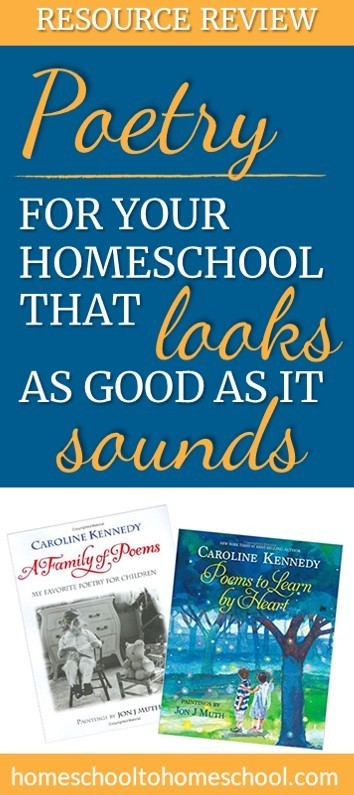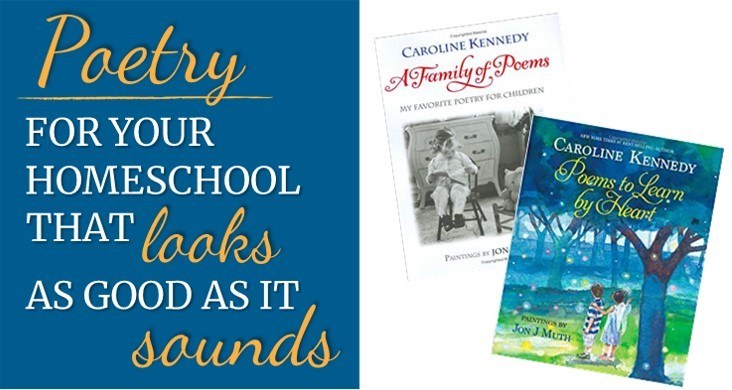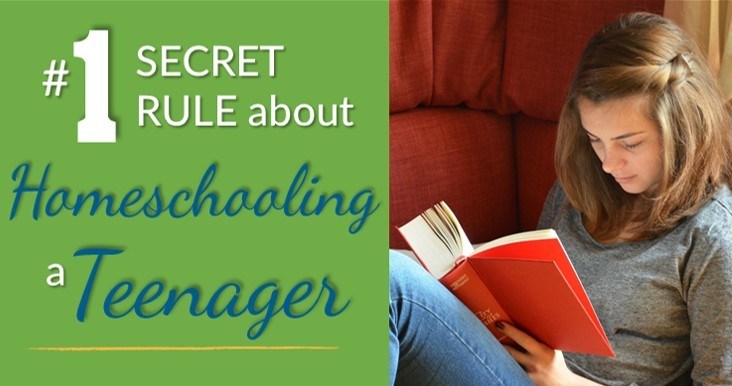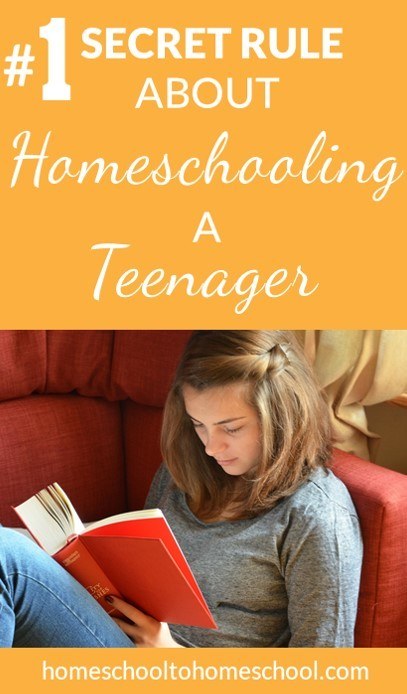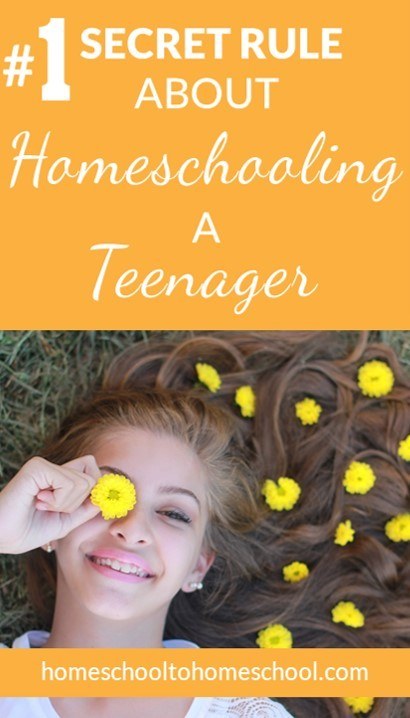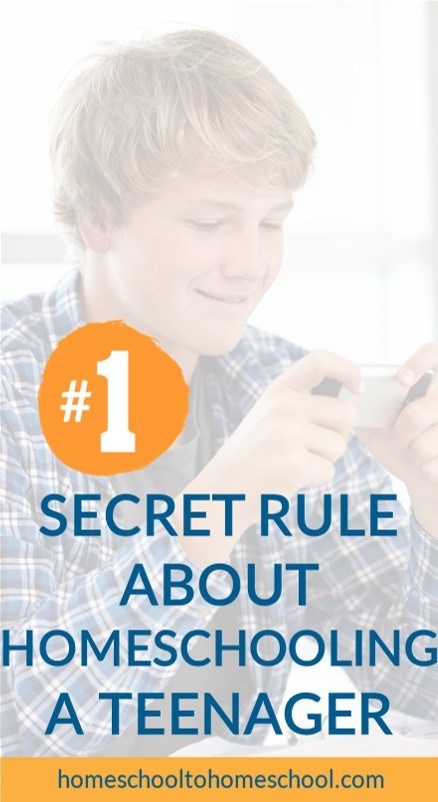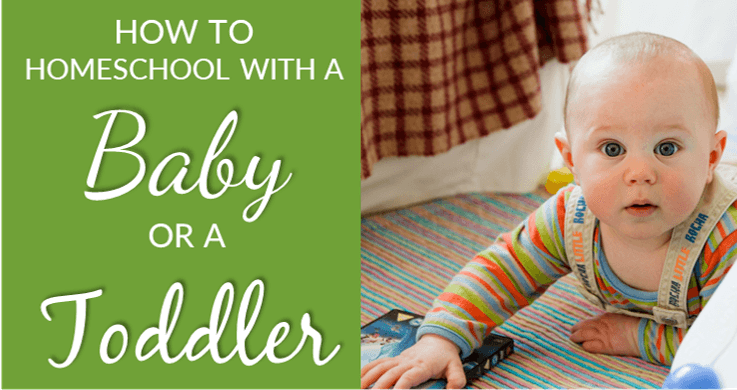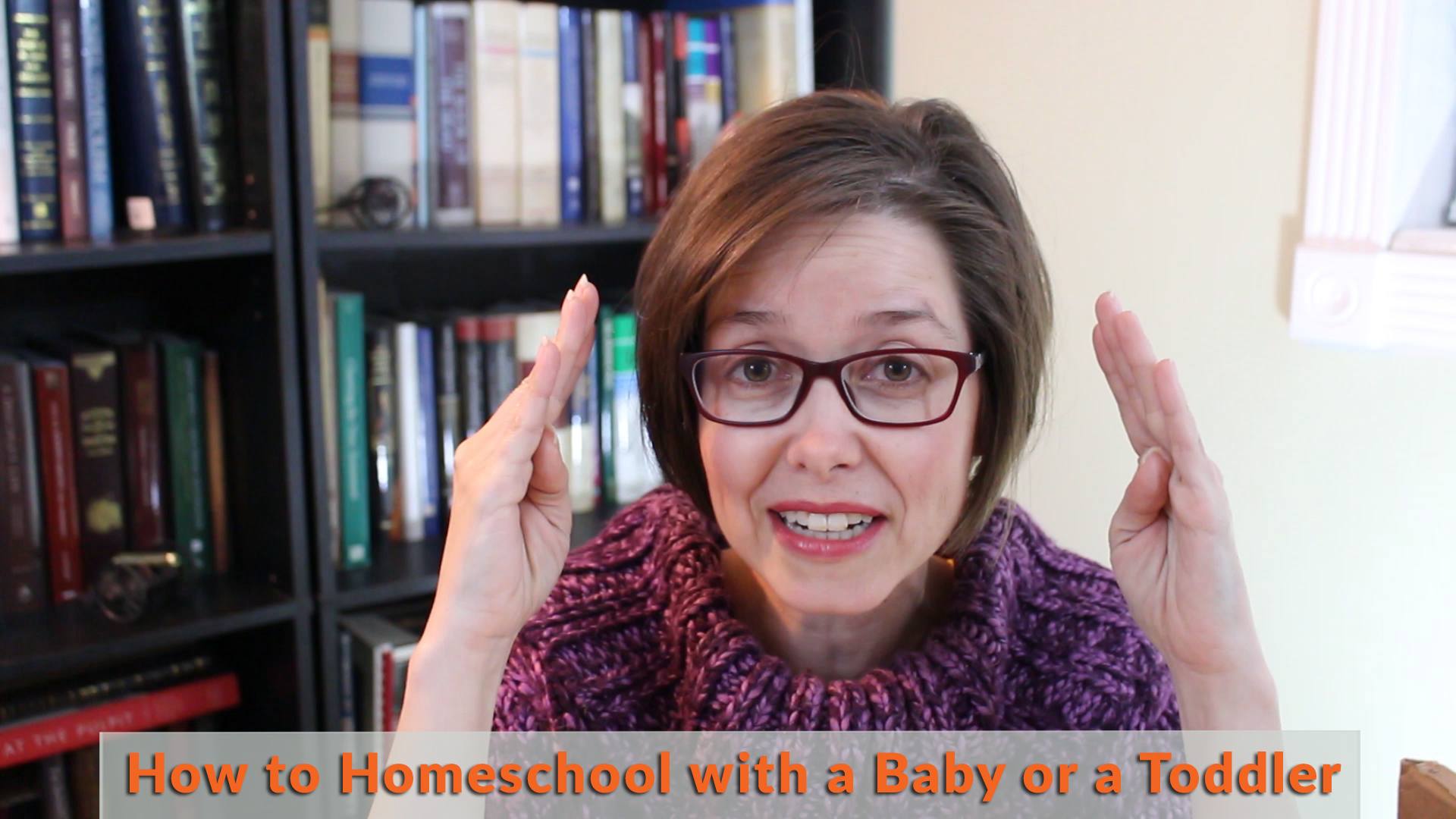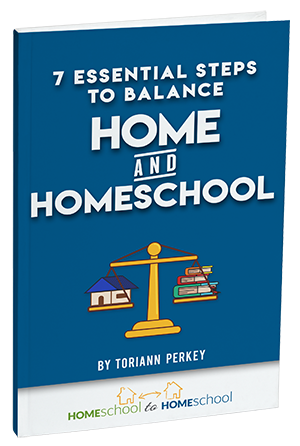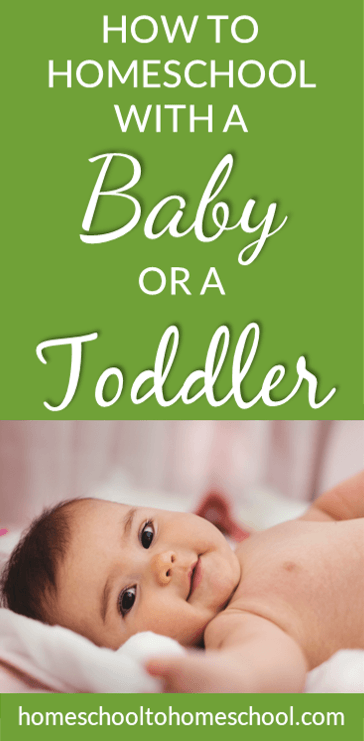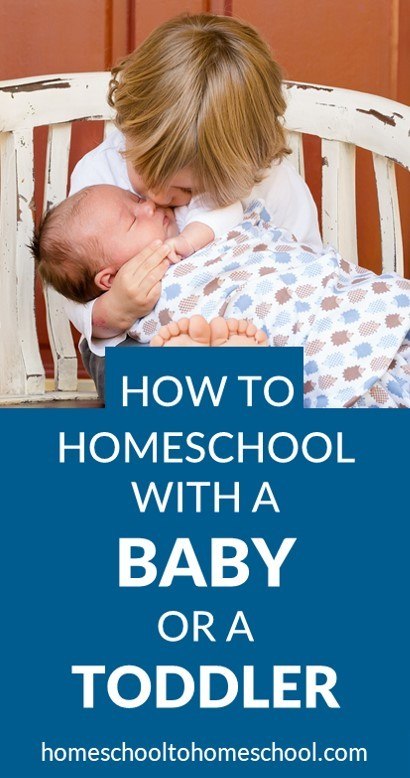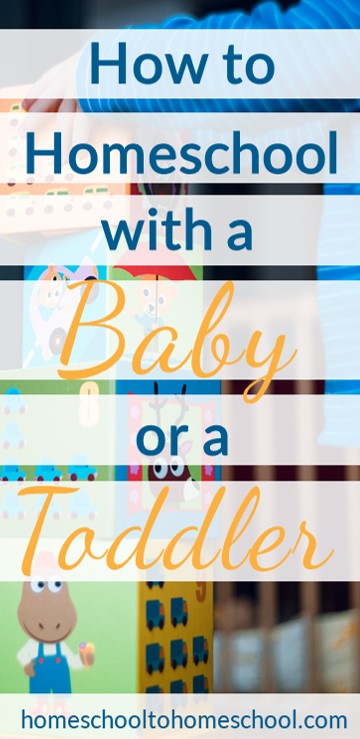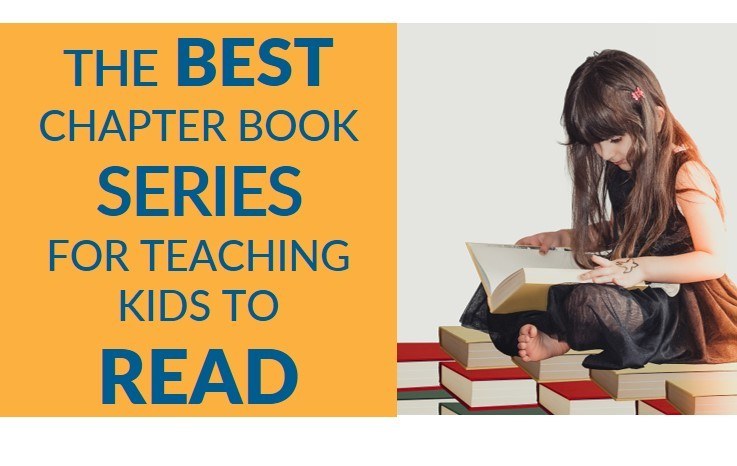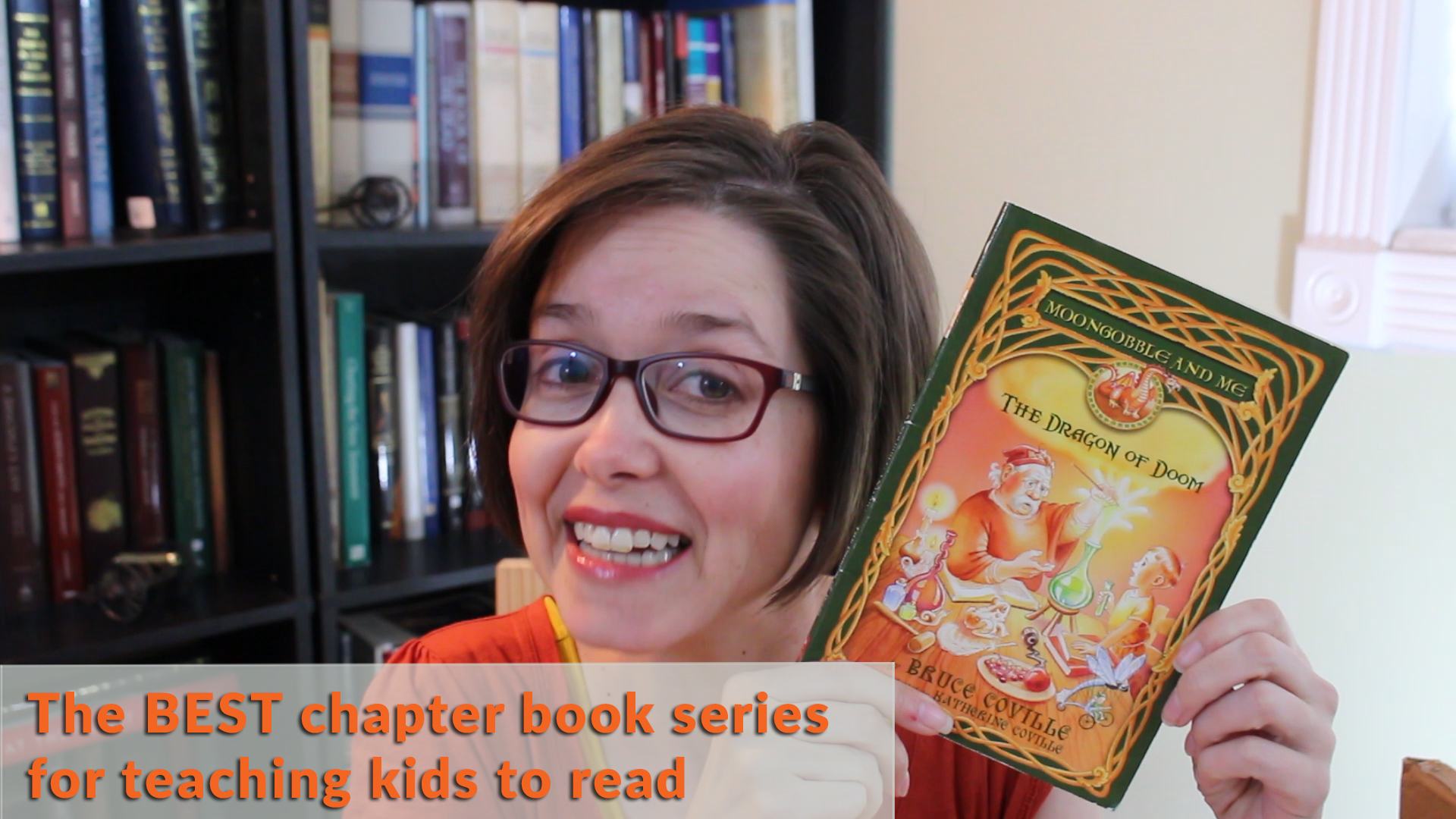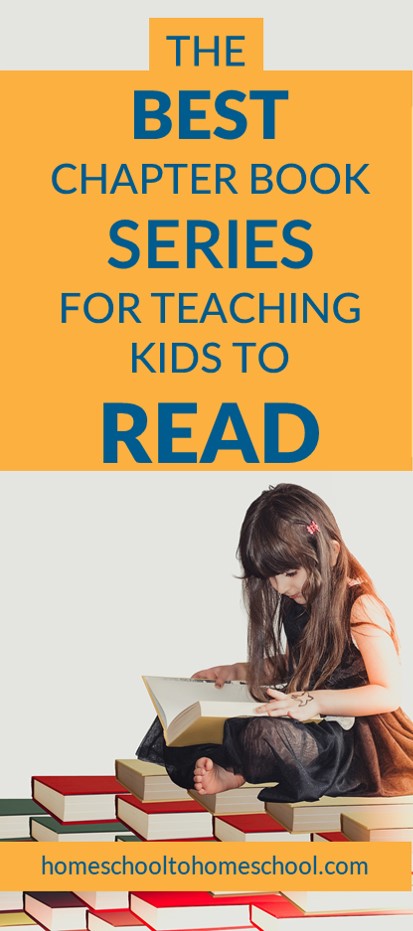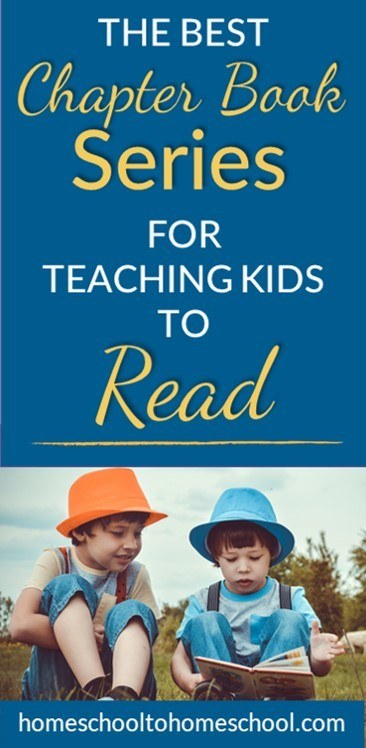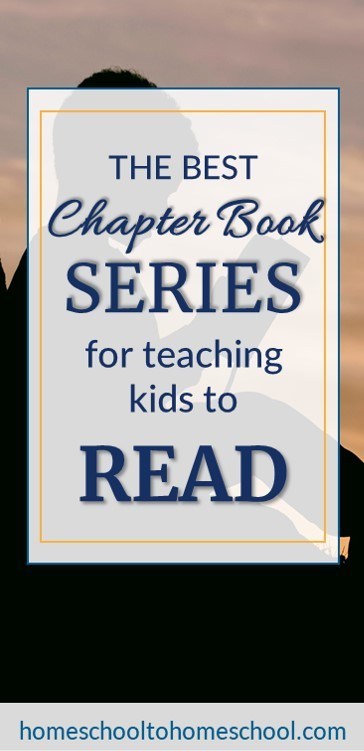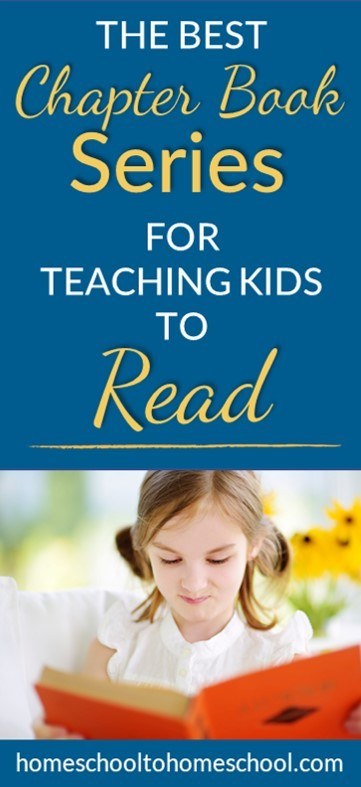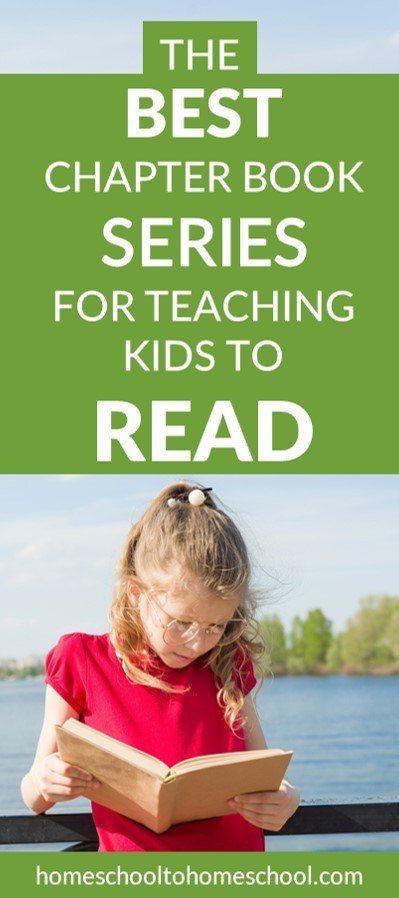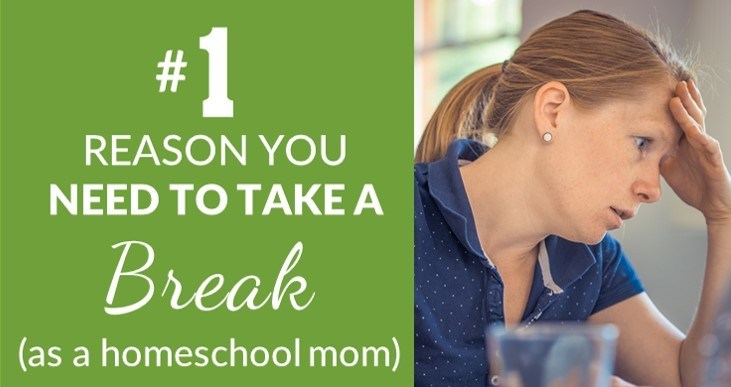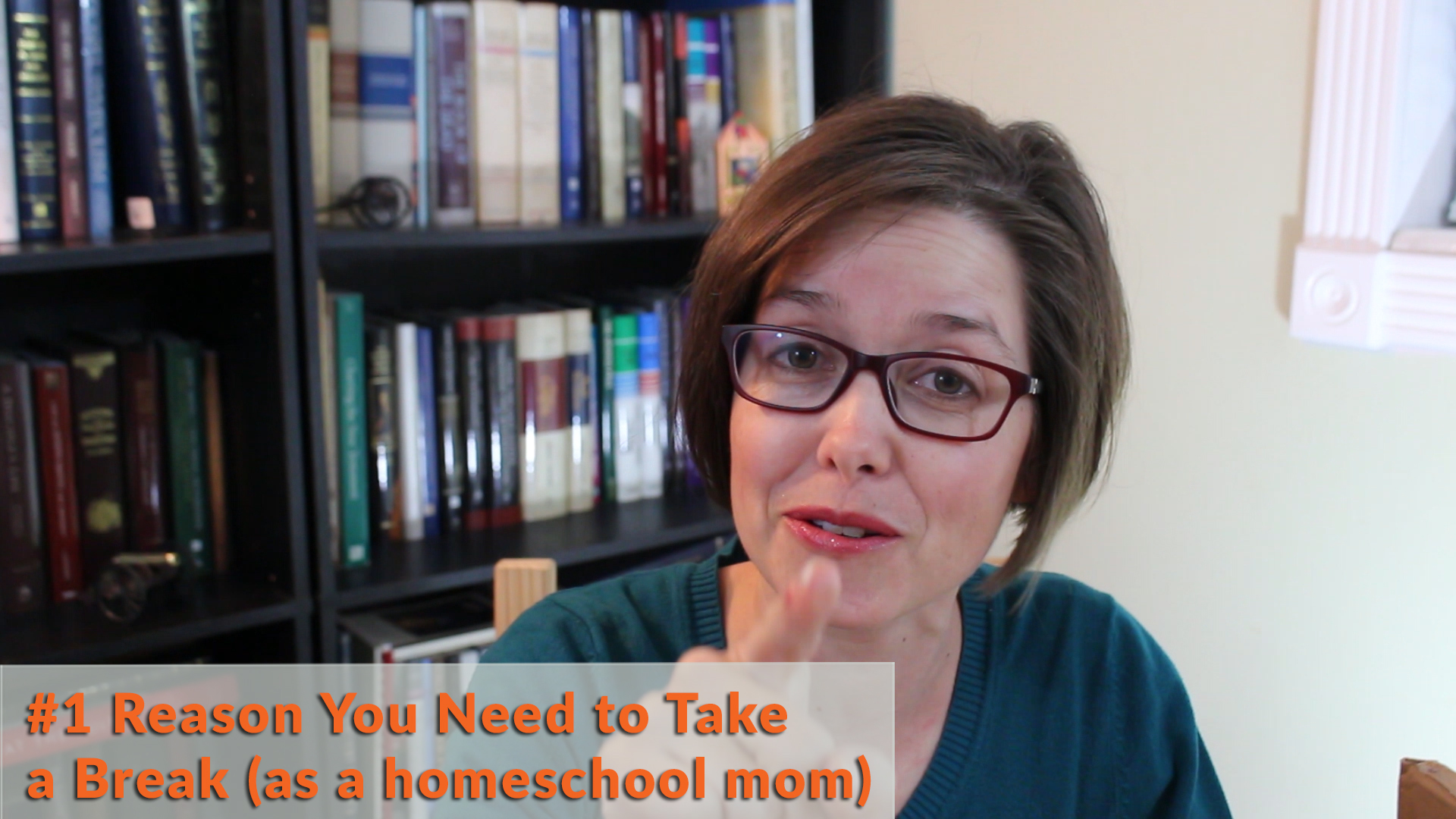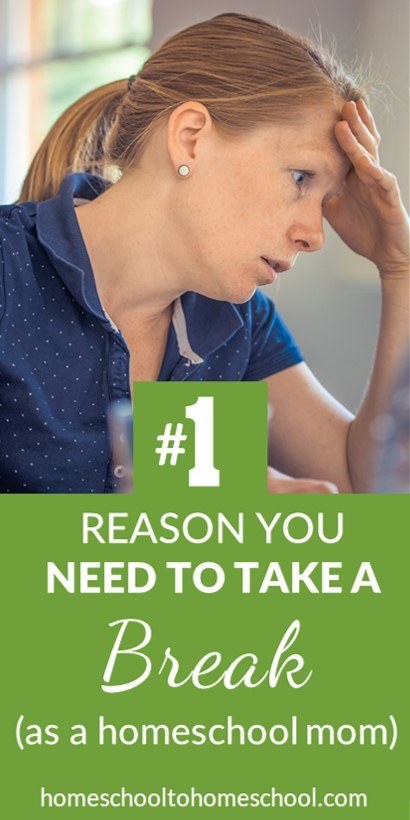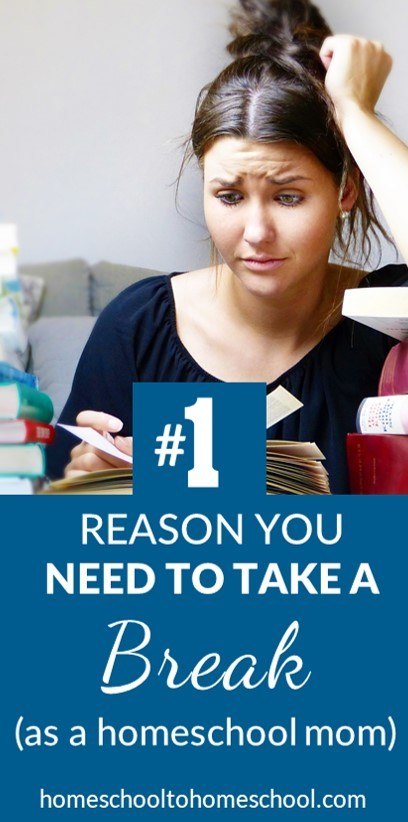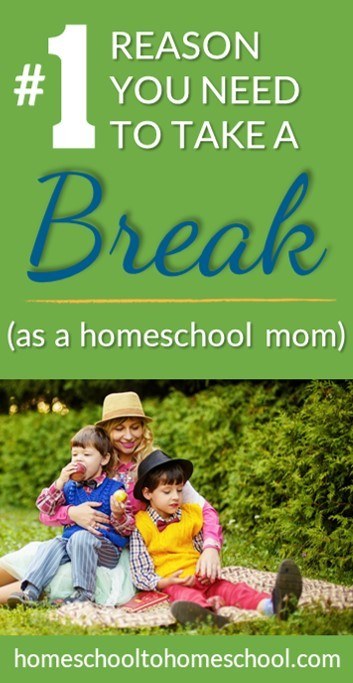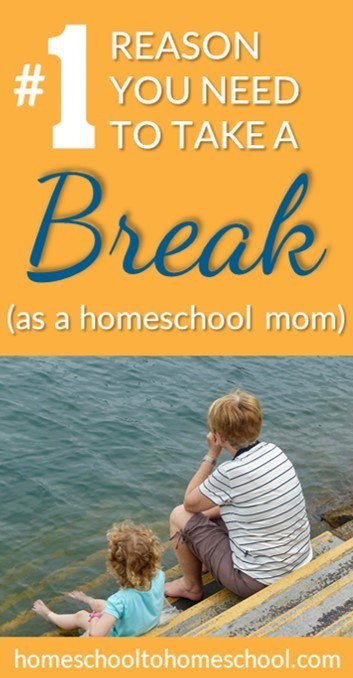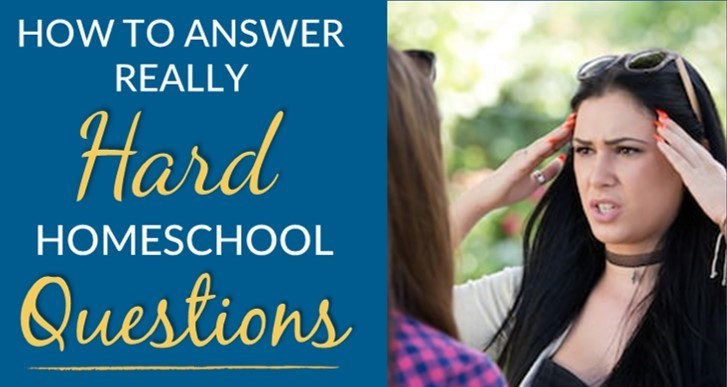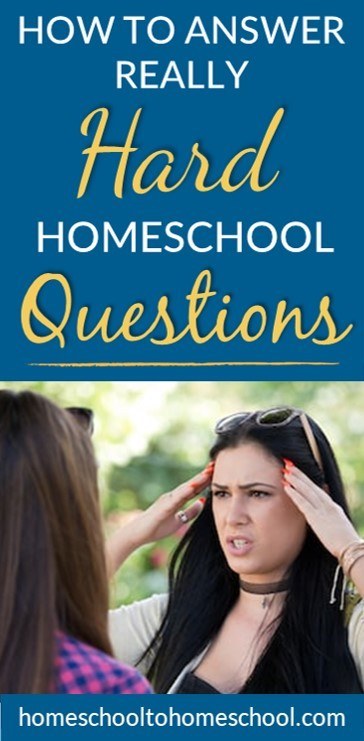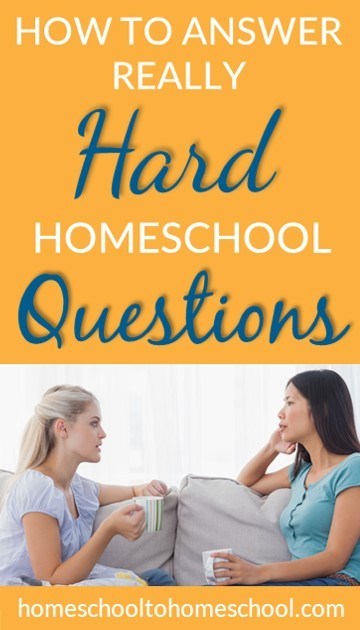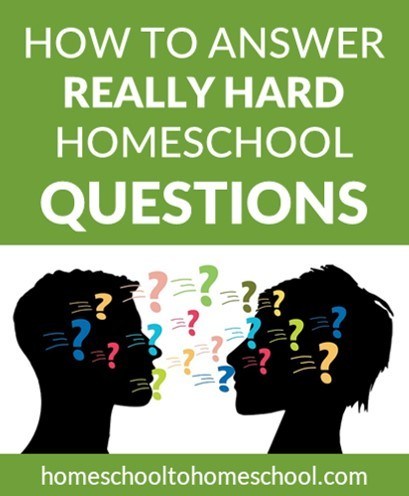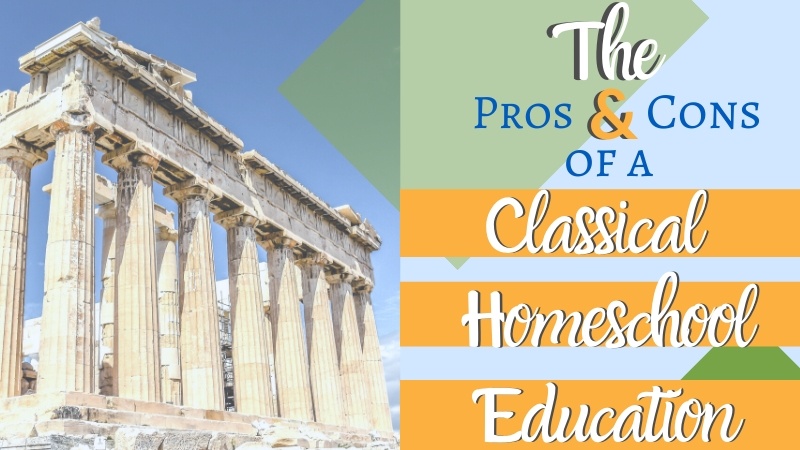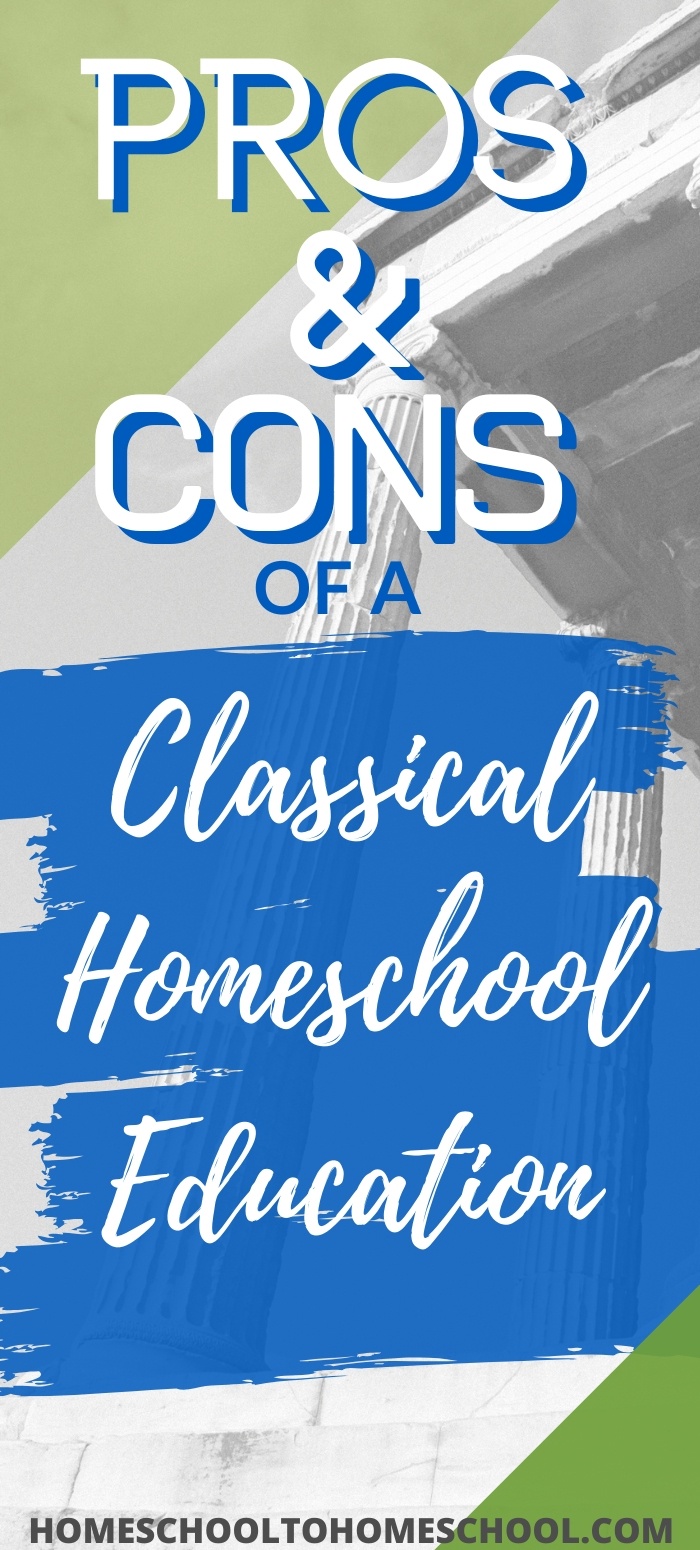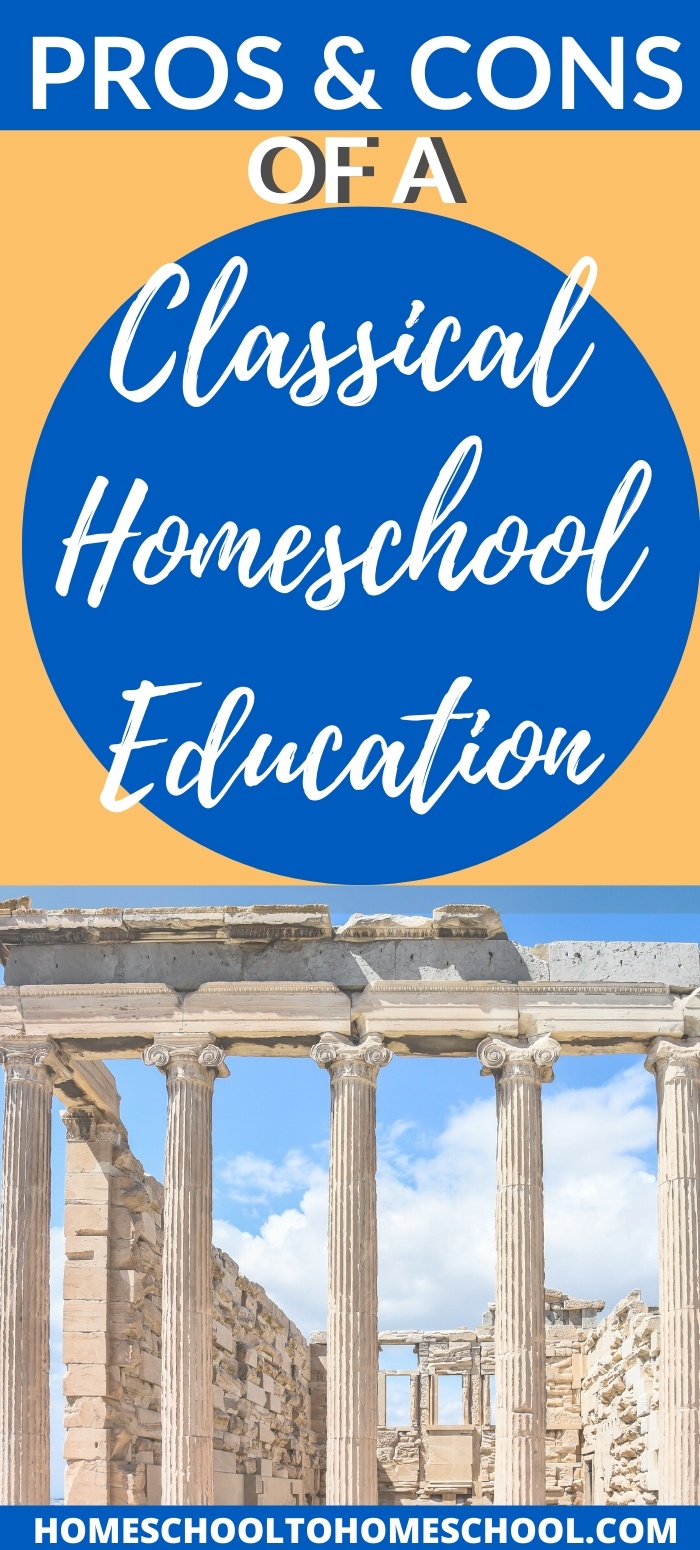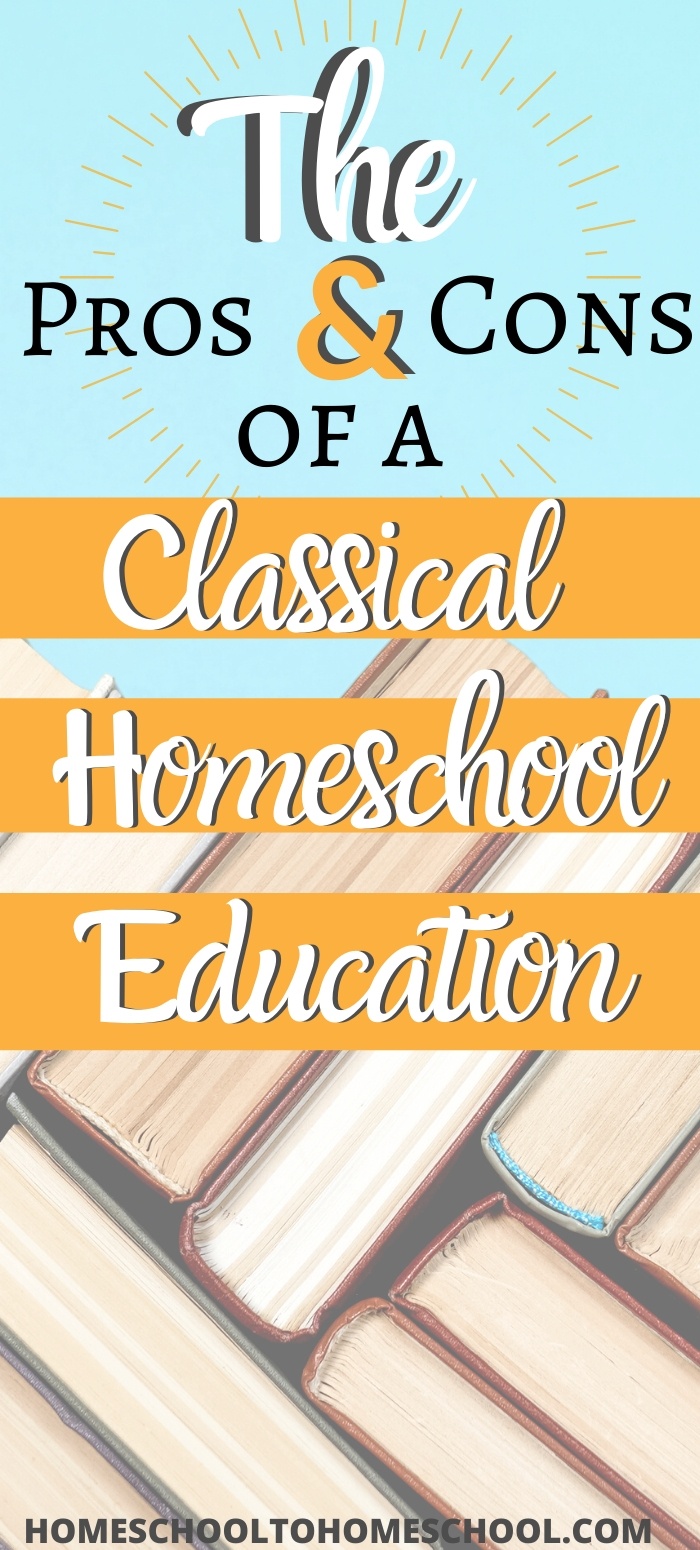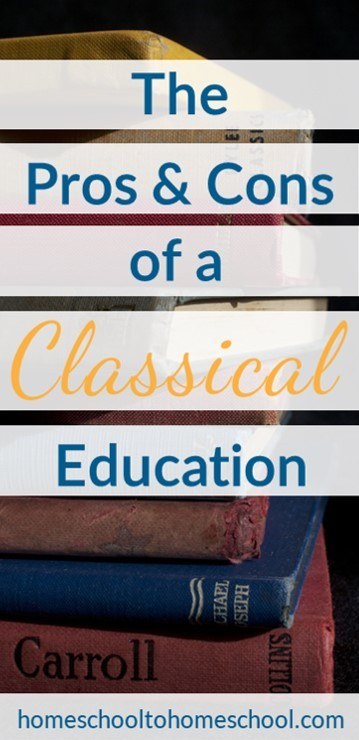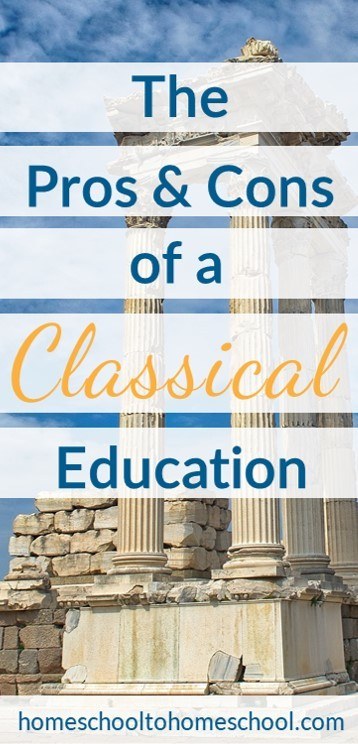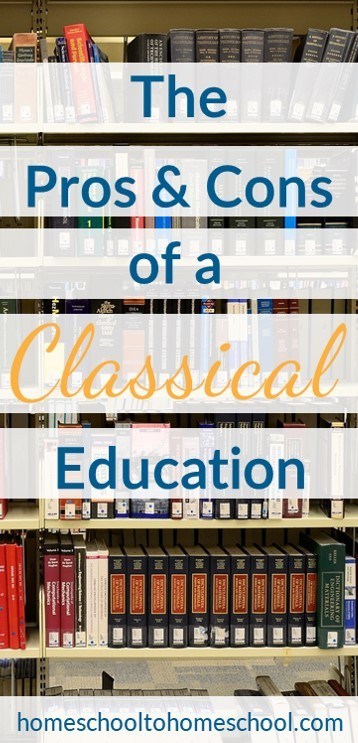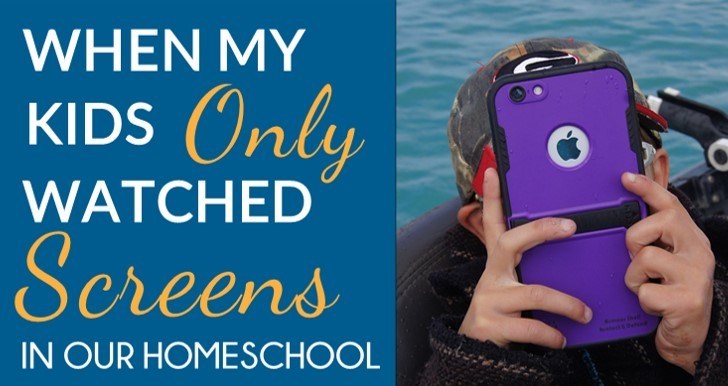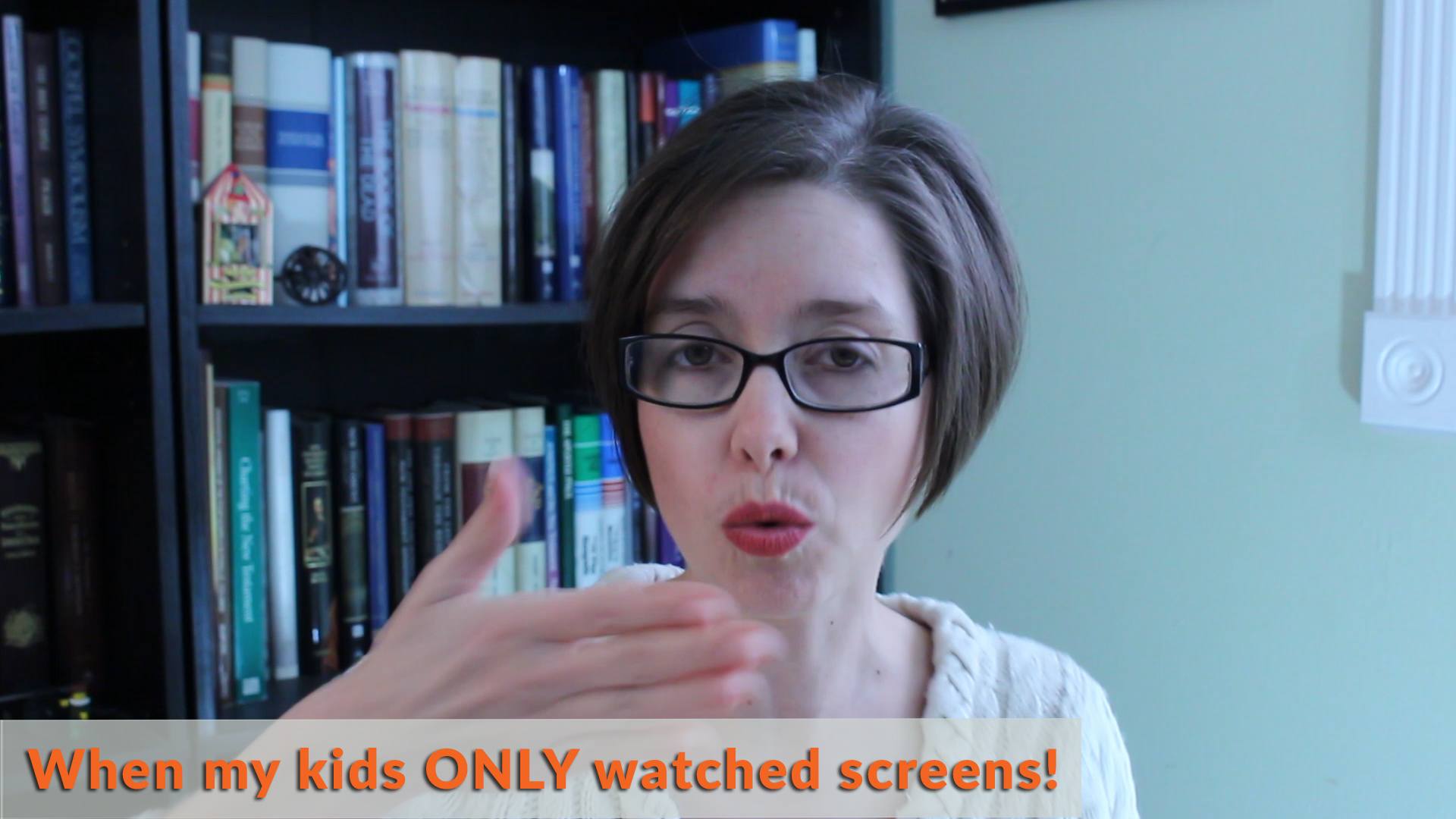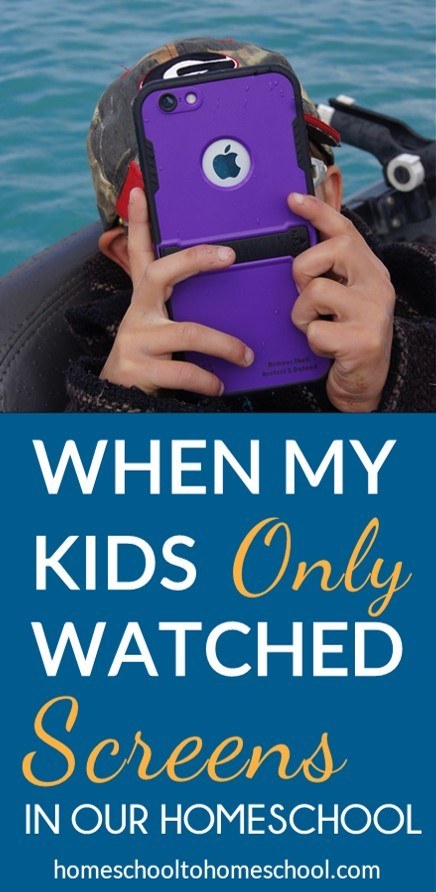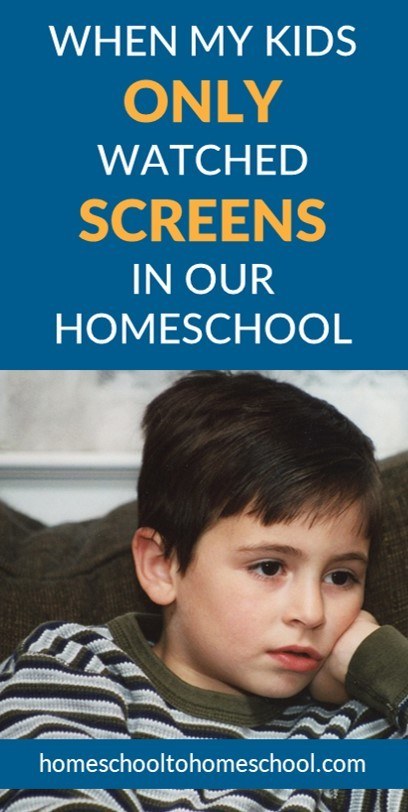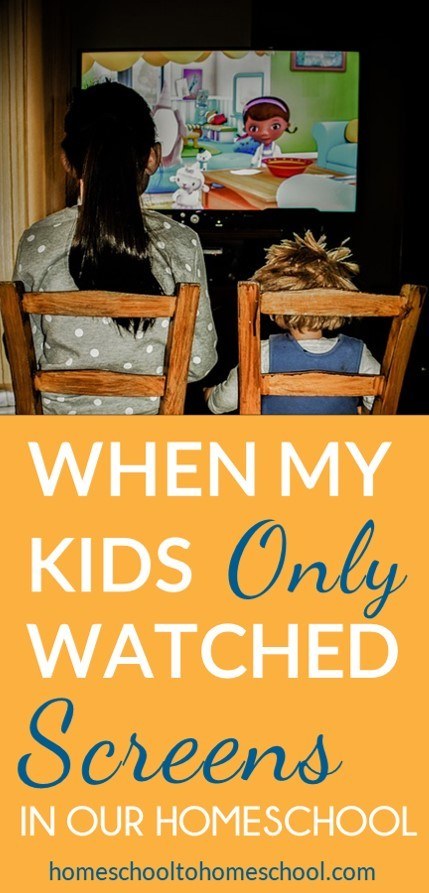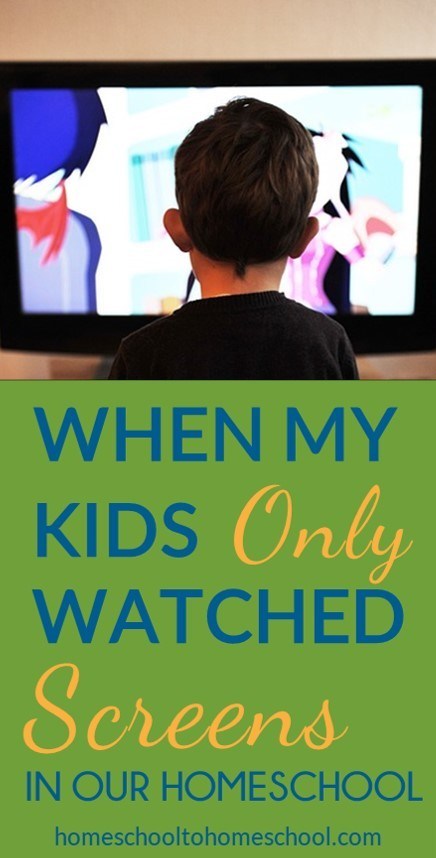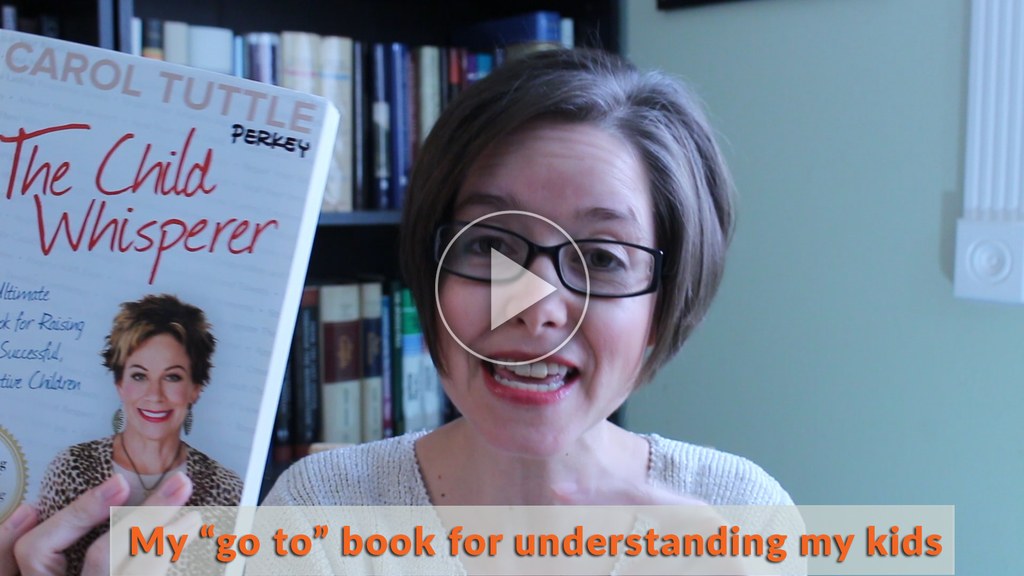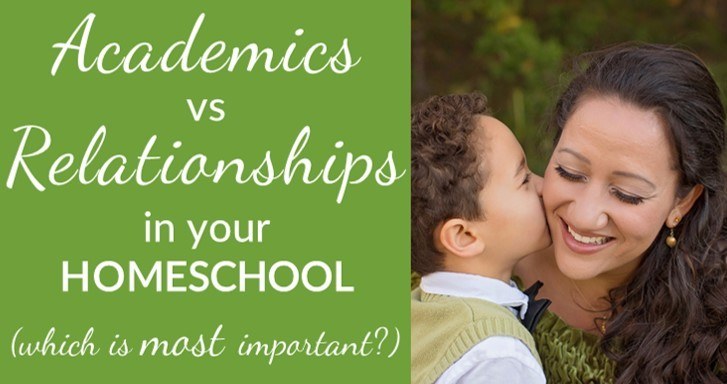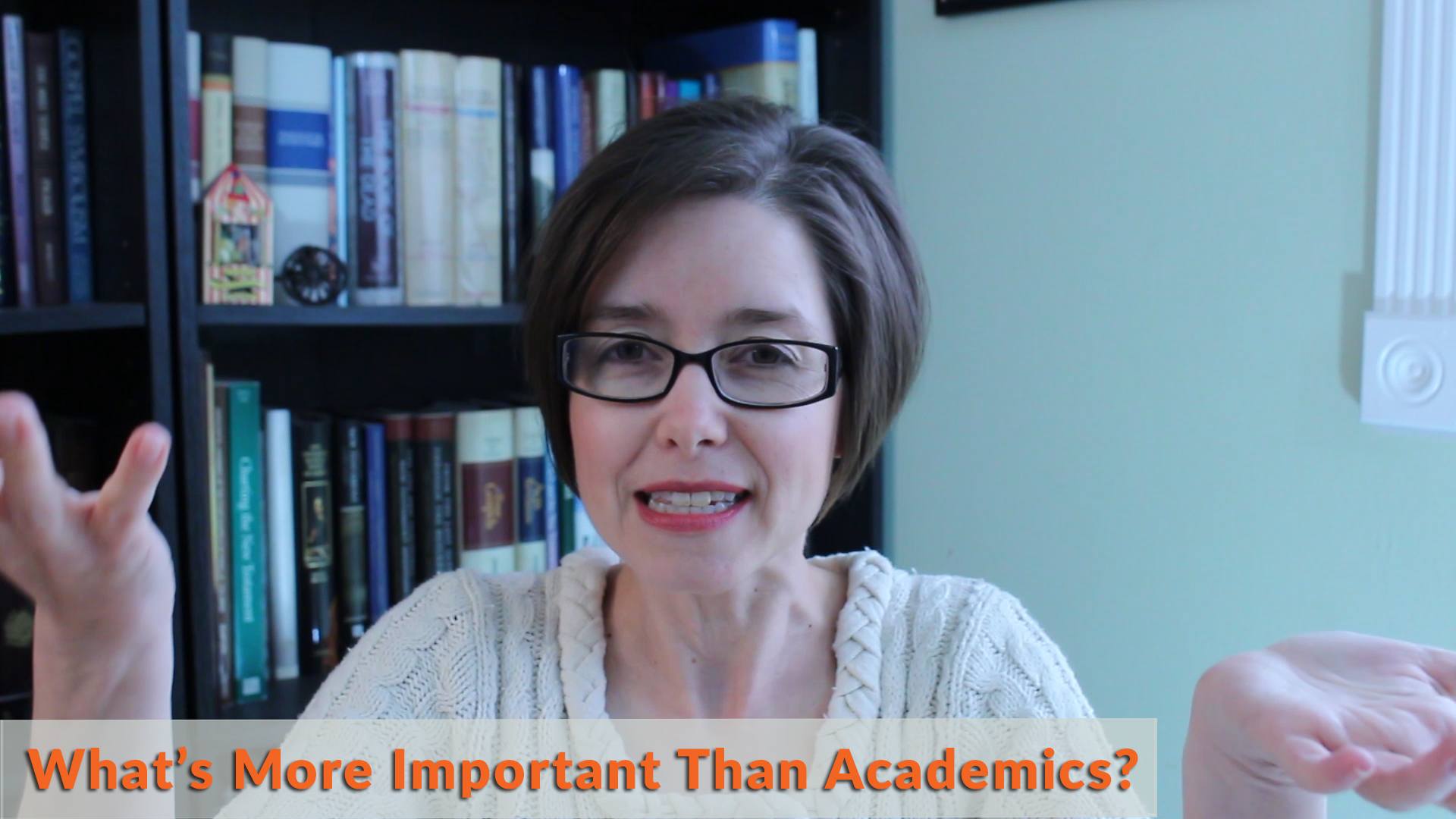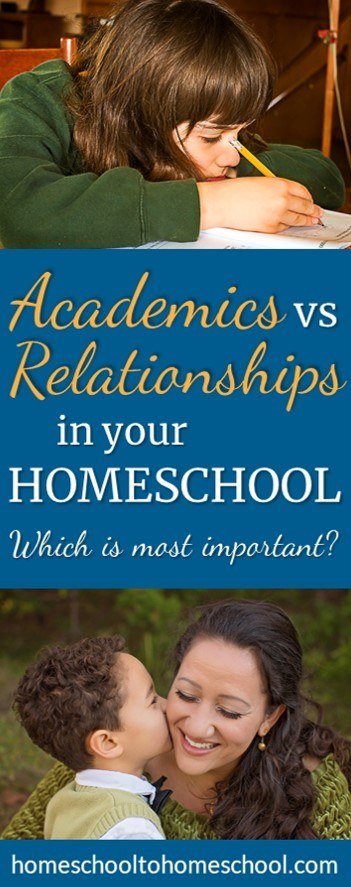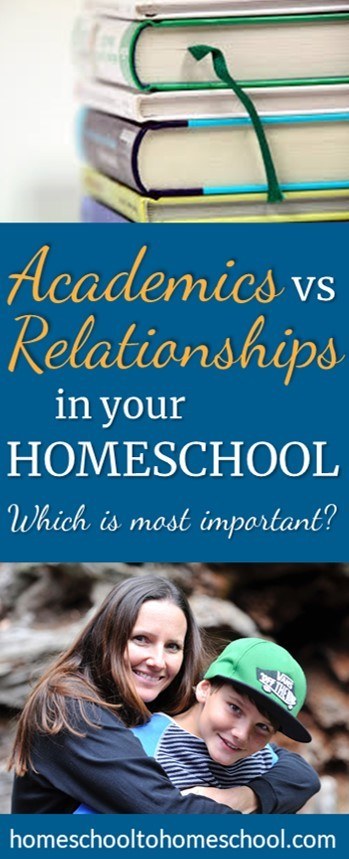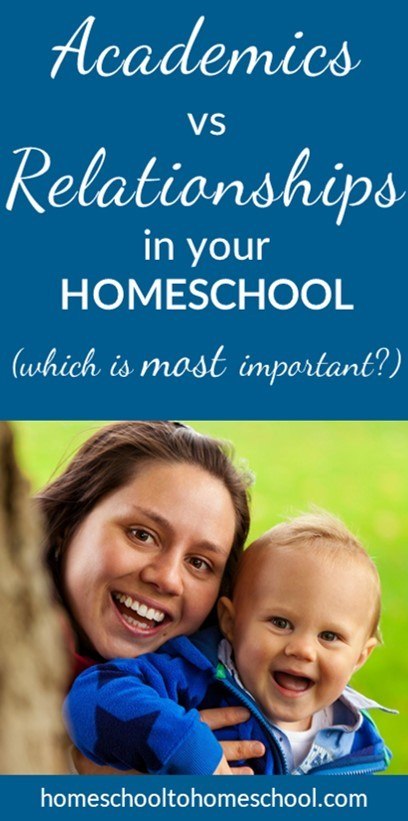Do you do poetry in your homeschool?
Or does it get relegated to the “if we have time” part of the schedule? (Which means you NEVER get to it because who has that kind of extra time???)
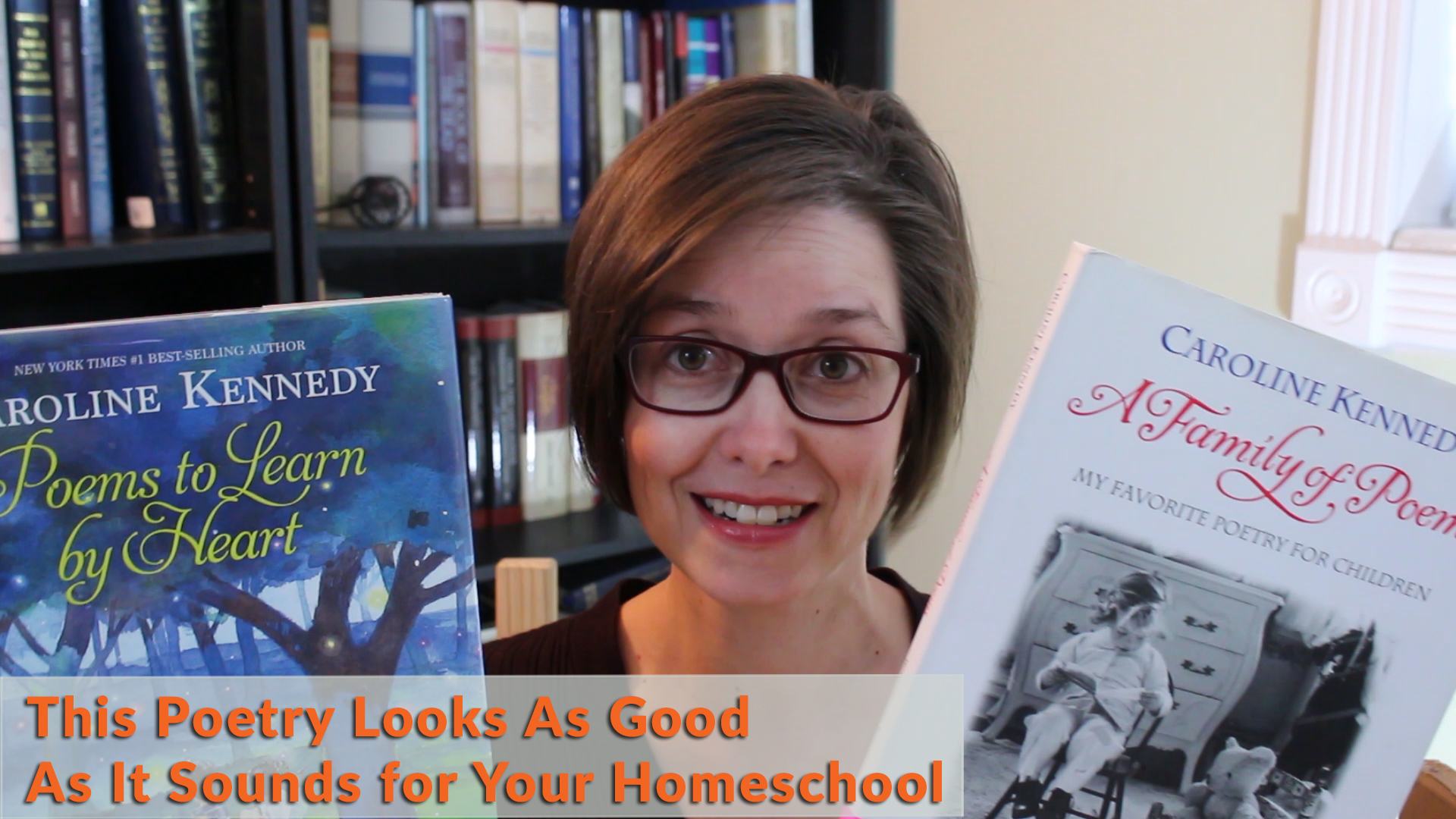
Scroll to Watch
Poetry has always been a HUGE part of our homeschool because I’ve seen how it makes better writers and stronger readers. (I talk all about that it my post about creating great writers.)
And Carolyn Kennedy’s poetry anthologies -- oh, I love them!
Not only is it beautiful to read but it’s also beautiful to look at, which means it works for multiple ages as you’re all trying to homeschool together.
CLICK HERE to check it out for your homeschool:
A Family of Poems: My Favorite Poetry for Children
https://amzn.to/2BQn2QX
Poems to Learn by Heart
https://amzn.to/2DZ4eRk
Want tons of FREE resources to
help your homeschool?
Transcript
Hello, my name's ToriAnn Perkey, and from my homeschool to your homeschool, today I want to tell you about a resource that is as much a feast for the eyes as it is for the ears. It's a poetry resource that my kids and I have loved for years. We've loved reading it, we've loved looking at it, and we've loved memorizing the poems. It is Caroline Kennedy's "A Family of Poems," and then her second volume "Poems to Learn by Heart."
You guys, these are amazing. Now in previous videos I've talked about the value of poetry. I've talked about how poetry makes great writers. And I can tell the difference between writers -- kids who have read poetry and kids who haven't, who've heard it because that feast of the words, the way the rhythm and the language and the cadence, all of that comes together. It starts to show up in their writing.
So I believe that poetry is something that should be included in every homeschool in some way or another. That's just part of how I see it. So we've done poetry for years and I've looked at a lot of different poetry resources. But this is one of my favorites. And let me show you why. So first of all, Caroline Kennedy, if you don't know, is ... she's actually JFK son. Son? She's JFK's daughter. And this is kind of her own lasting legacy. One of the things that she's done.
And in these books, let me just find an example, the pictures are watercolors. Do you see that? Can you see how beautiful those pictures are? Let me find another example. You know, some are more landscapes like that. Let me see if I can get that to show to you. Others are going to be a little bit more ... oh this is a really great example. See that knight there? And that's a poem called "A Fairy and Armor." And then here's one. The poem is called "This Is the Key." And then it's a window and a dog and a little boy here with the key. These pictures are just so delightful. Just, oh they're so good.
But if it was just the pictures, I wouldn't necessarily recommend the book because there's lots of books and lots of poetry books that have beautiful pictures. It is also the poems that are selected. So like I said, I have read a lot of children's poetry anthologies and frankly, sometimes you start to feel like you're seeing all the same poems over and over and over again. And yes, some of the favorites are in these, but there are also deliciously wonderful poems that I had never read before in all of my years of homeschooling, in all of my education.
I also love ...so I love the fact that she's made that kind of selection. I also love the fact that she's included some Bible verses that are also poetry, like the ecclesiastical section ... the Ecclesiastes section that talks about there's a time for sowing, there's a time for reaping. You remember that ...you know. So her poems span the range from very, very old to brand new. They're very modern, contemporary, scripture as well as funny.
She has them in categories as well. So you have seasonal poems, and you have poems about the city, and you have poems about childhood, and you have funny poems. I really, really find these to be two of my favorite anthology books for children, which is why I am recommending them today.
So if it's something that you think would be great for your homeschool, be sure to check it out. I'll leave a link up up above or down below, you know, wherever you're watching this video. And you can go check it out on Amazon and see if it's something right for you.
I'm ToriAnn Perkey, and I make these videos so that you can be a successful and confident homeschool mom.
Save for later by pinning to your favorite Pinterest board!
